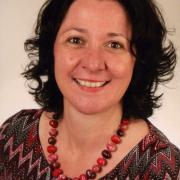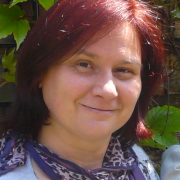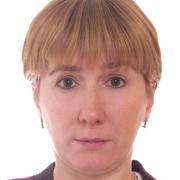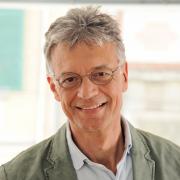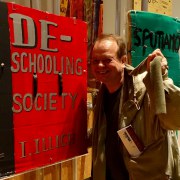Formal-informal learning networks
In recent years, networks among formal and non-formal organisational structures have become increasingly popular in science education. Those highly complex collaborations offer great opportunities to work as learning communities and foster individual as well as institutional learning processes. Special reflective practices within such frameworks also provide the basis for well-grounded studies which lay emphasis on shared experiences as well as on methodological aspects, organisation and administration.
We will be presenting different networks in regional, national and international settings and showing how - in this dynamic mode - evaluation can be aligned with the goals and values of the learning community.
We will point out the character of each network, its specific challenges and some indicators for success. These approaches of continuous reflected practice offer viable ways to get innovative ideas, to spur the communication and inspire evidence-based development.
Facilitator
NaturErlebnisPark - Science Education Center
Session speakers
NaturErlebnisPark Science Education Center
The regional network “Keep Moving” offers intensive collaboration between different institutions of the formal educational system and non formal system to support science learning in a regional meaningful context. By doing their own investigations in the field of mobility all participants find out the relevance and effects on one's own life and the regional life. The goal of this network is to combine research, economy and education to establish long term structures and methods of learning.
Professor in Science Education
A new established science teachers national network in Georgia will be presented. The cooperation with the science teachers started in the frame of the TEMPUS project SALiS. All these projects promoted the Inquiry Based Science Education. The activities conducted at the laboratory at Ilia State University gave the impulse for the establishment of science teachers network. The study about Georgian science teachers’ perceptions about IBSE was done with the use of Stages of Concern Theory.
Alpen-Adria-University Klagenfurt, Institute of Instructional and School Development
The Austrian IMST Network is established in every Austrian federal state to enhance innovative instruction in science lessons. The development was based on international work in the field of educational networks and social networking theories. Coordinated by a steering group, these networks offer exchange of experience and professional development among players in education as well as outside the education system like science centres and industries.
Professor, Research Director
Since 2010 the University of Helsinki coordinates an evidence-based education research network of several science centres and museums in Finland, Estonia, Sweden, Latvia, Belgium, and Germany. This network uses standardised measurement tools and methods applied to each exhibition and activities and runs comparative studies at an international level. The methods developed in this network will be used in more science centres which gives opportunities for new institutes to join in these activities.

